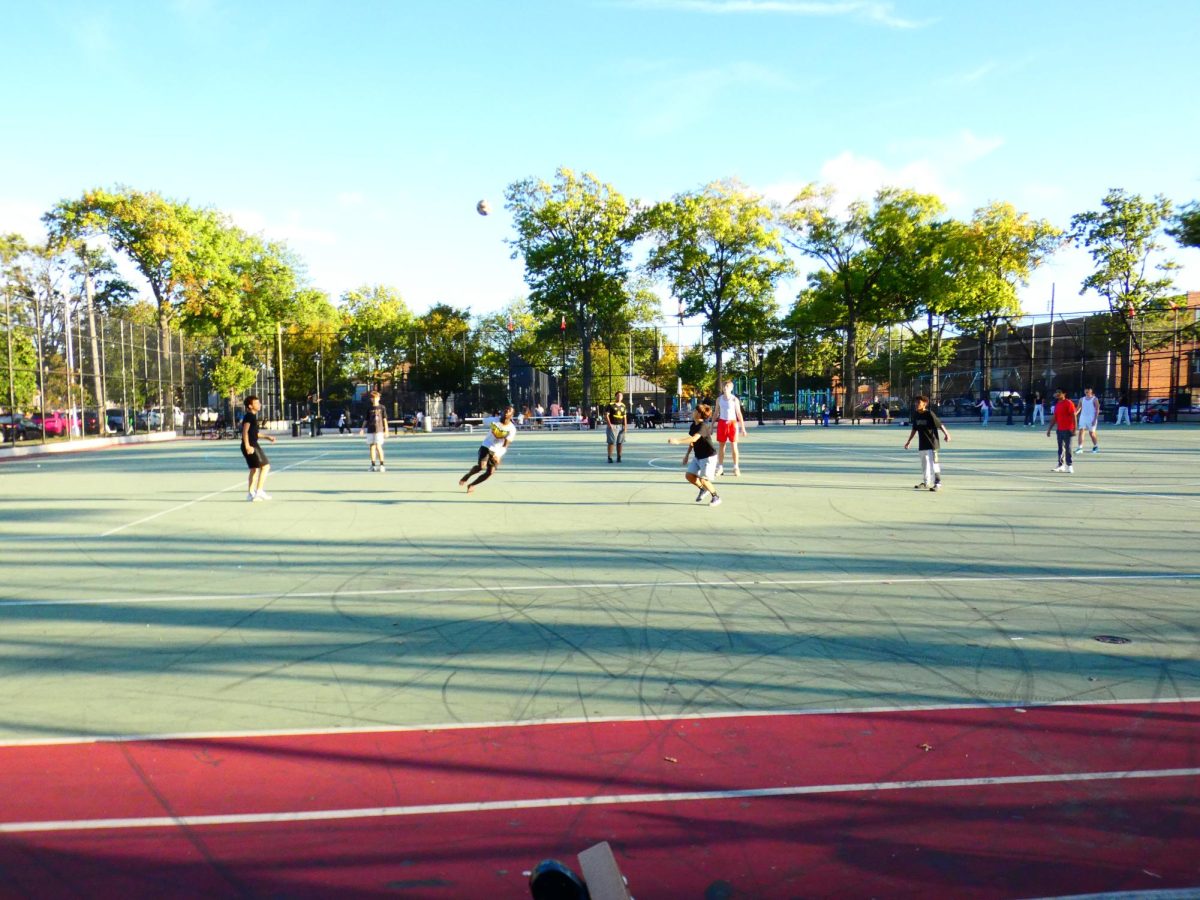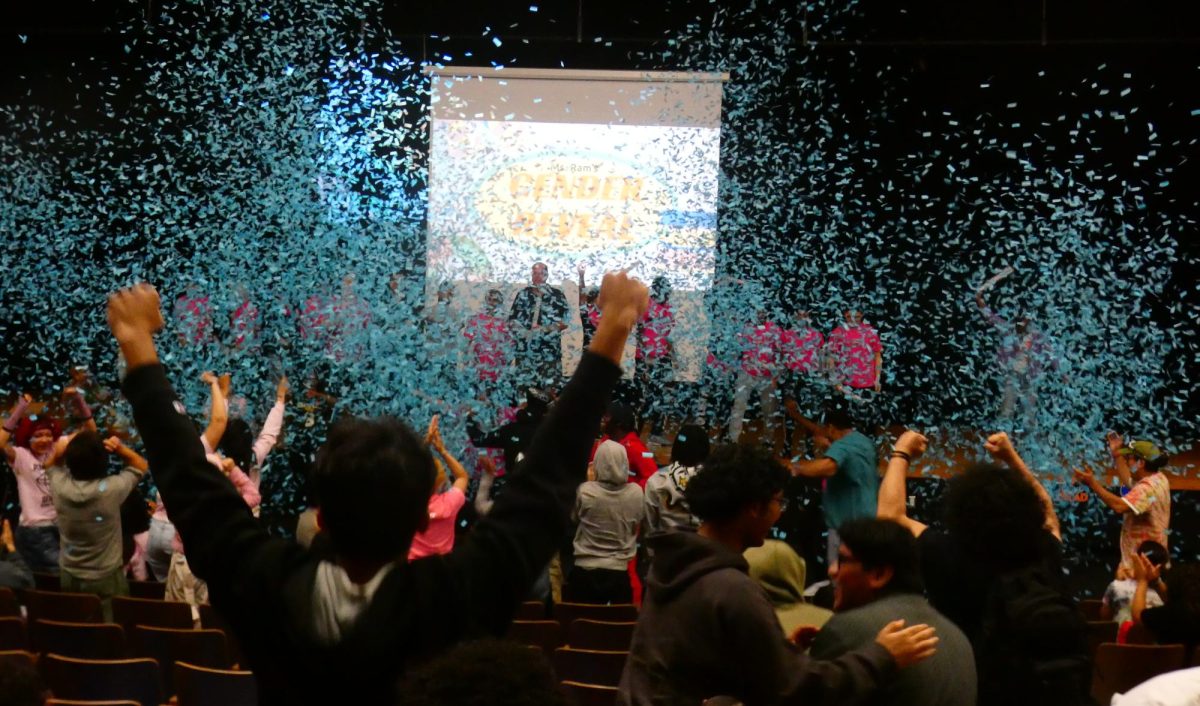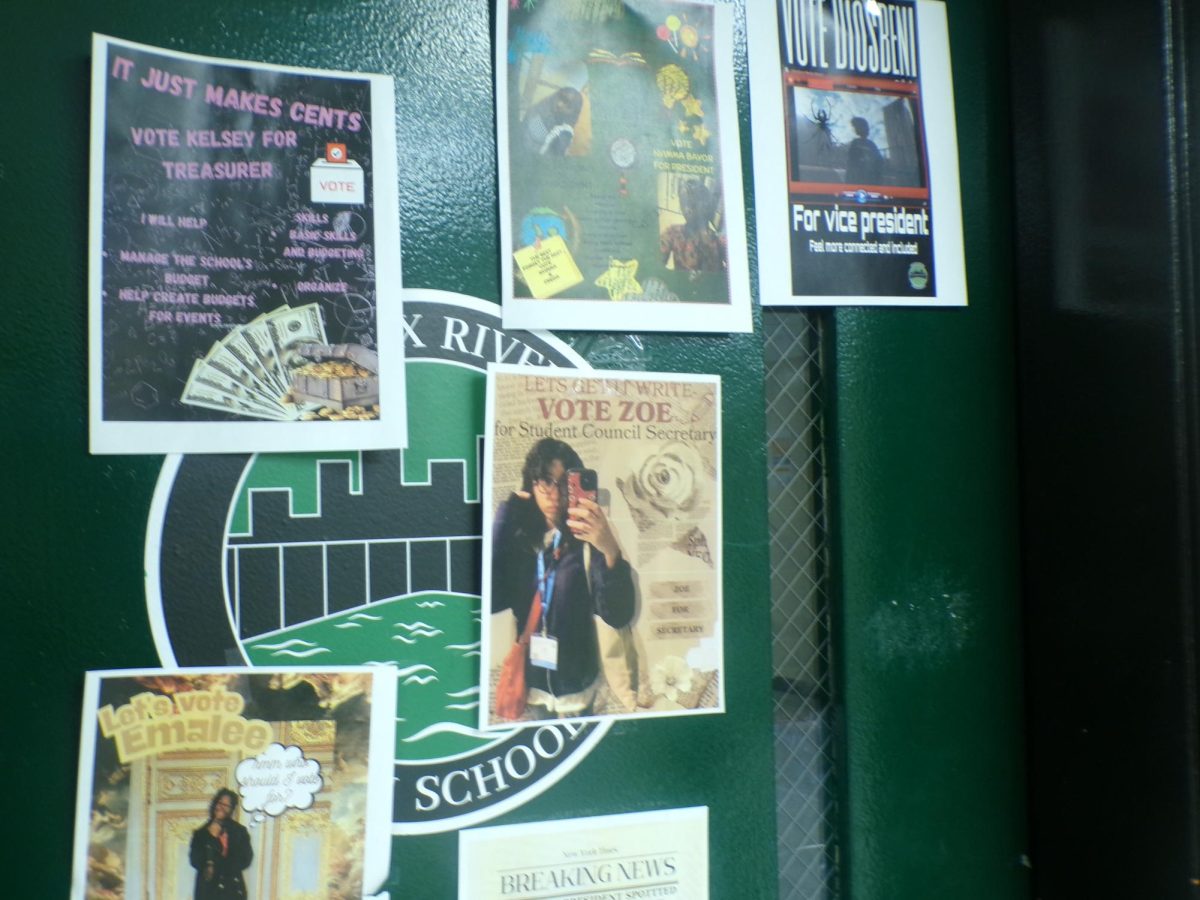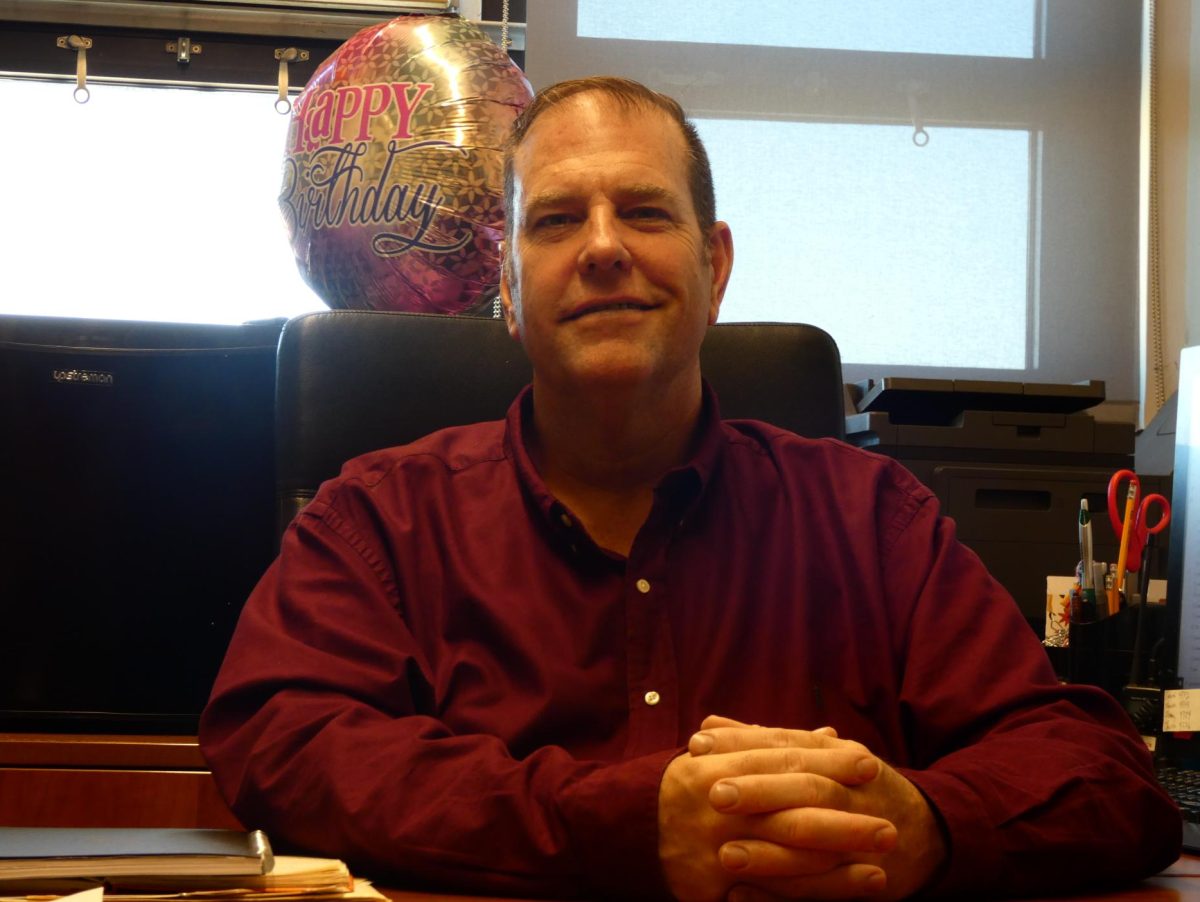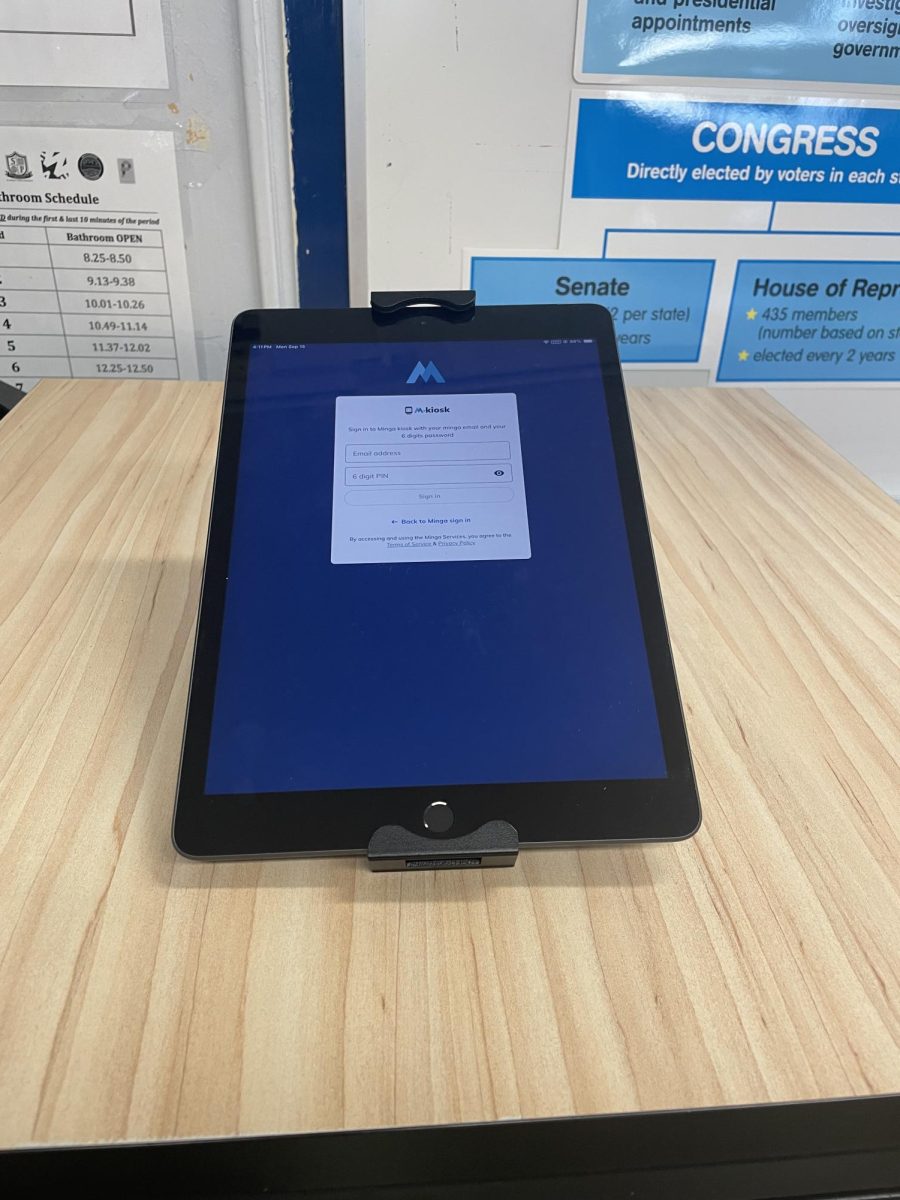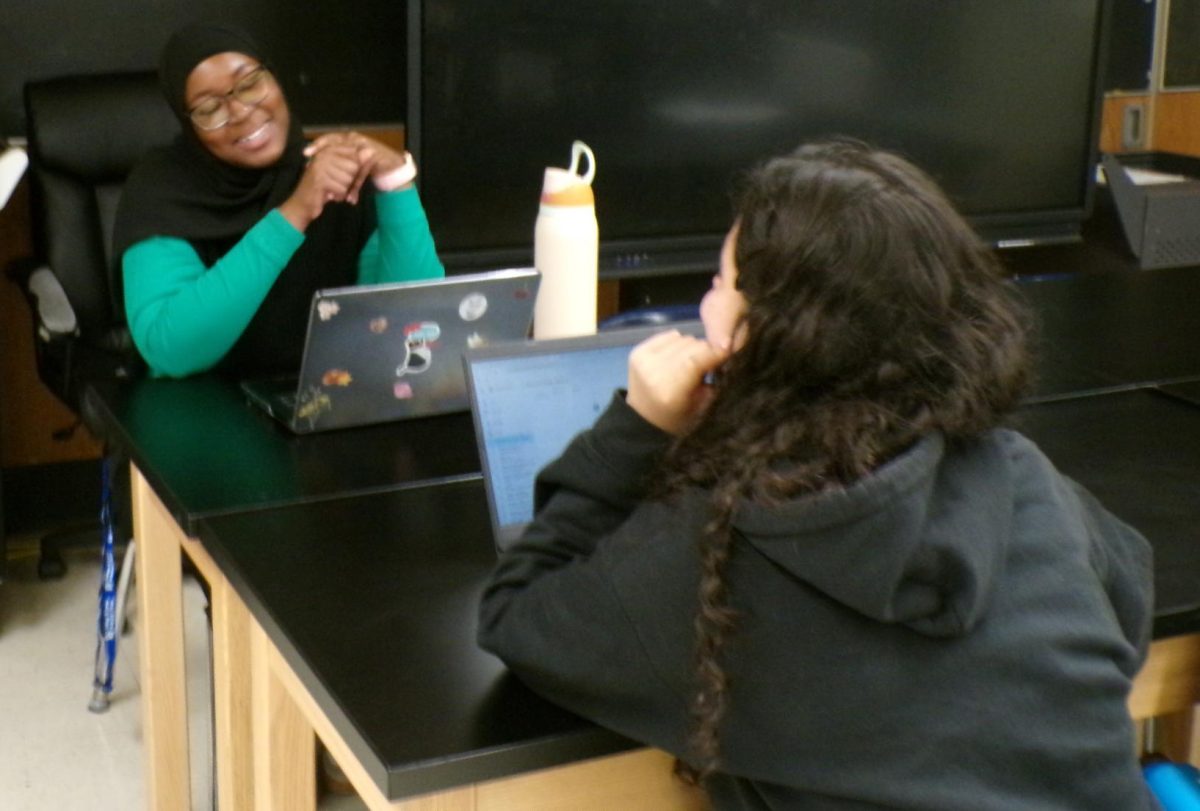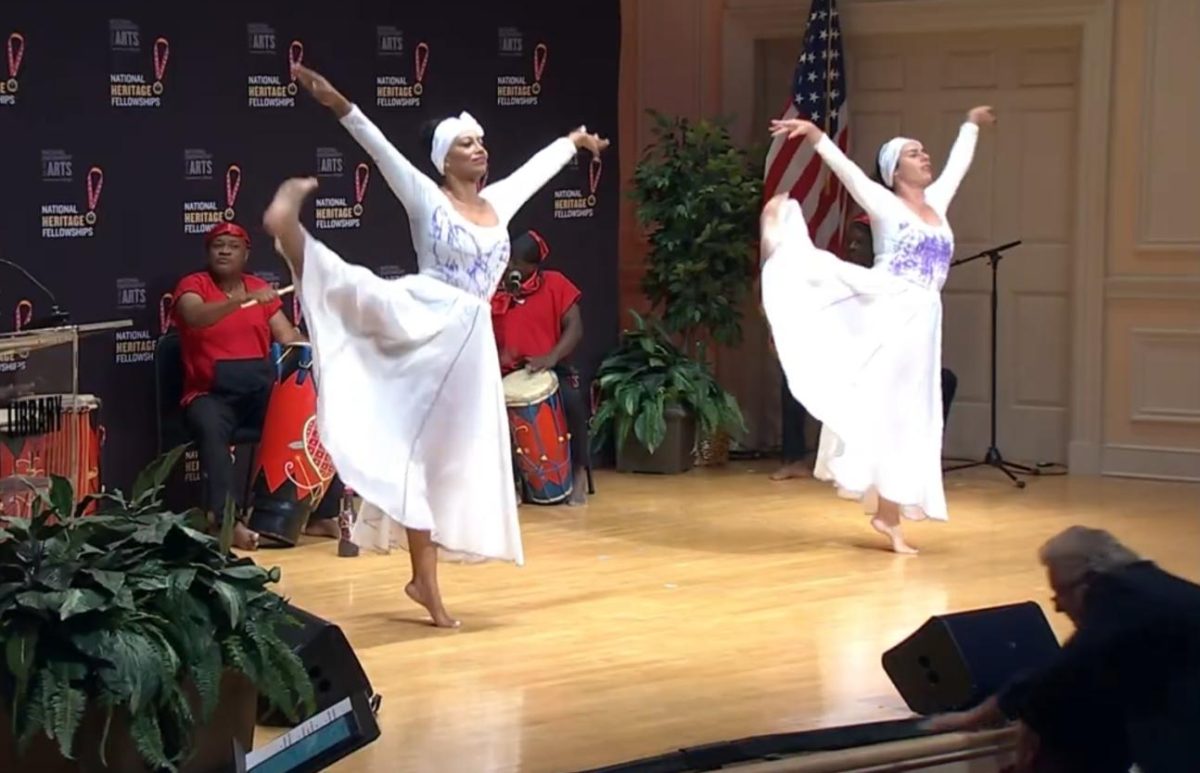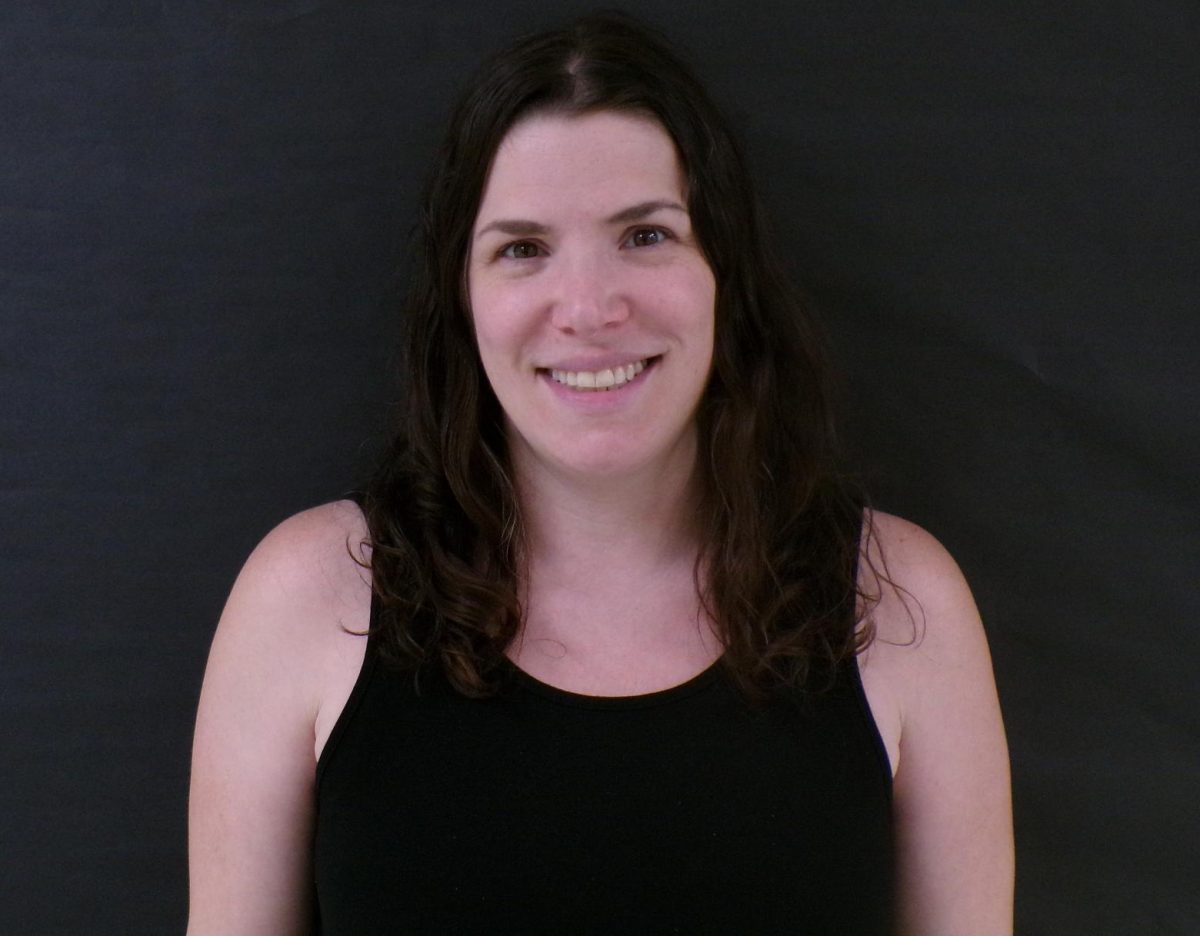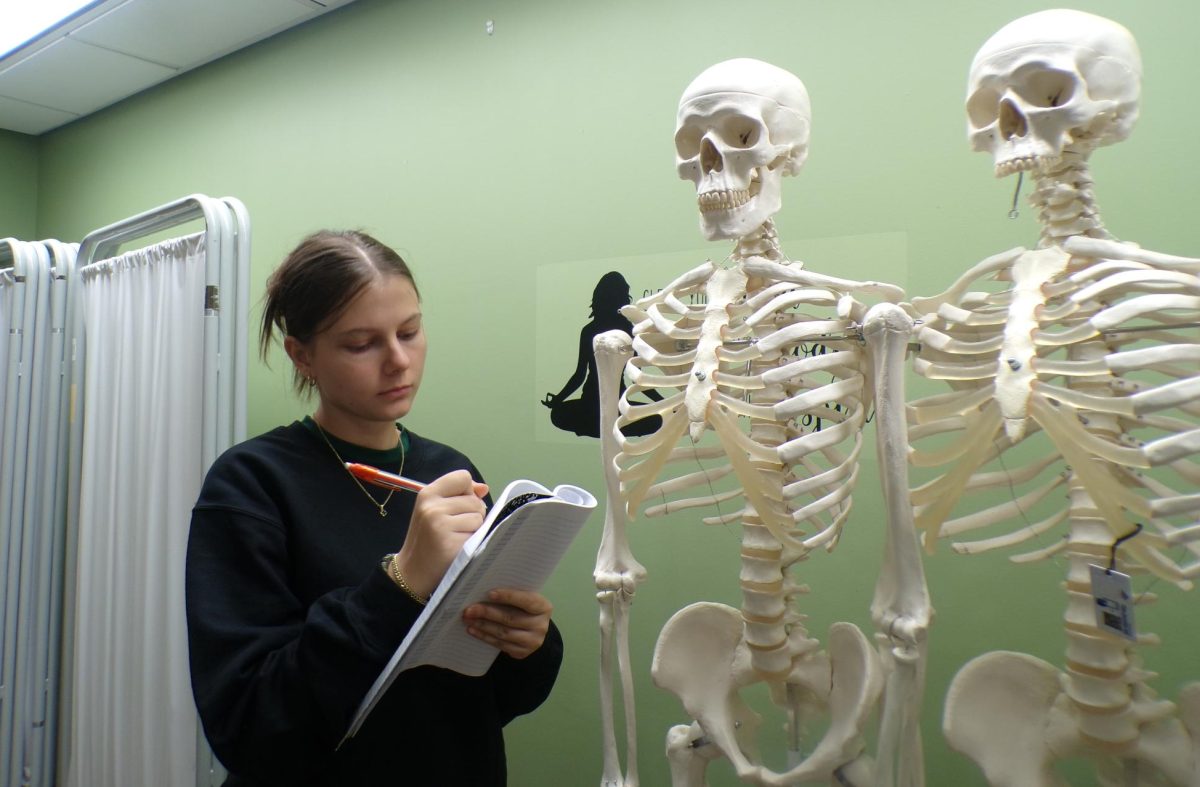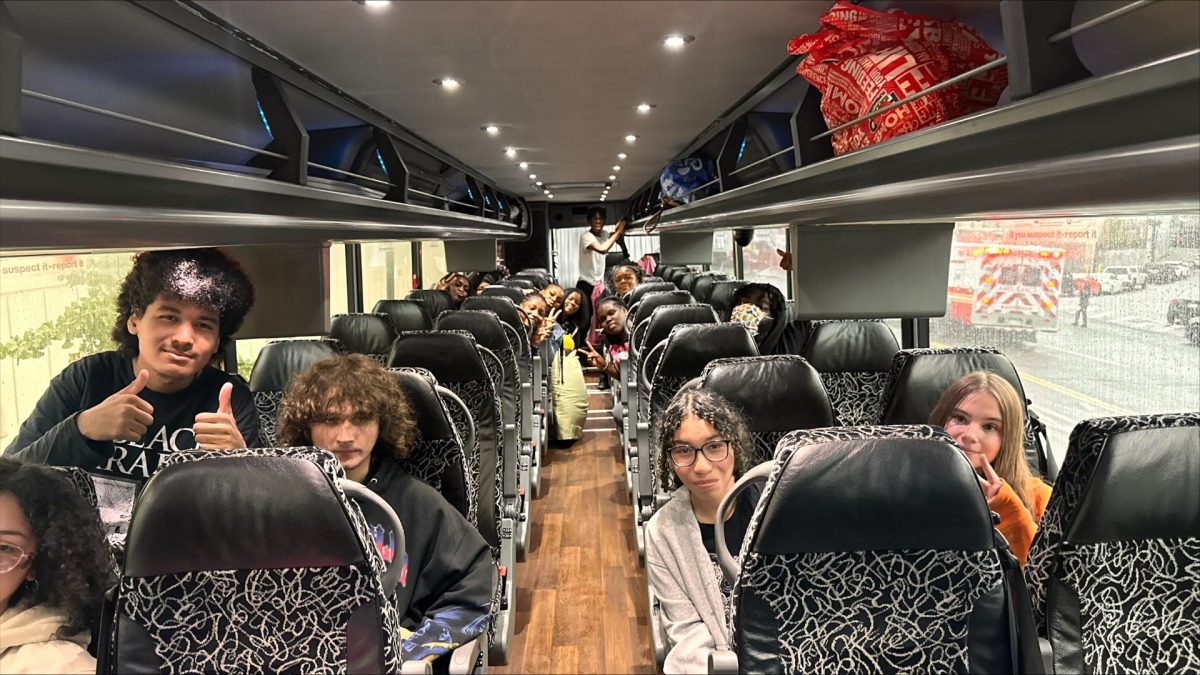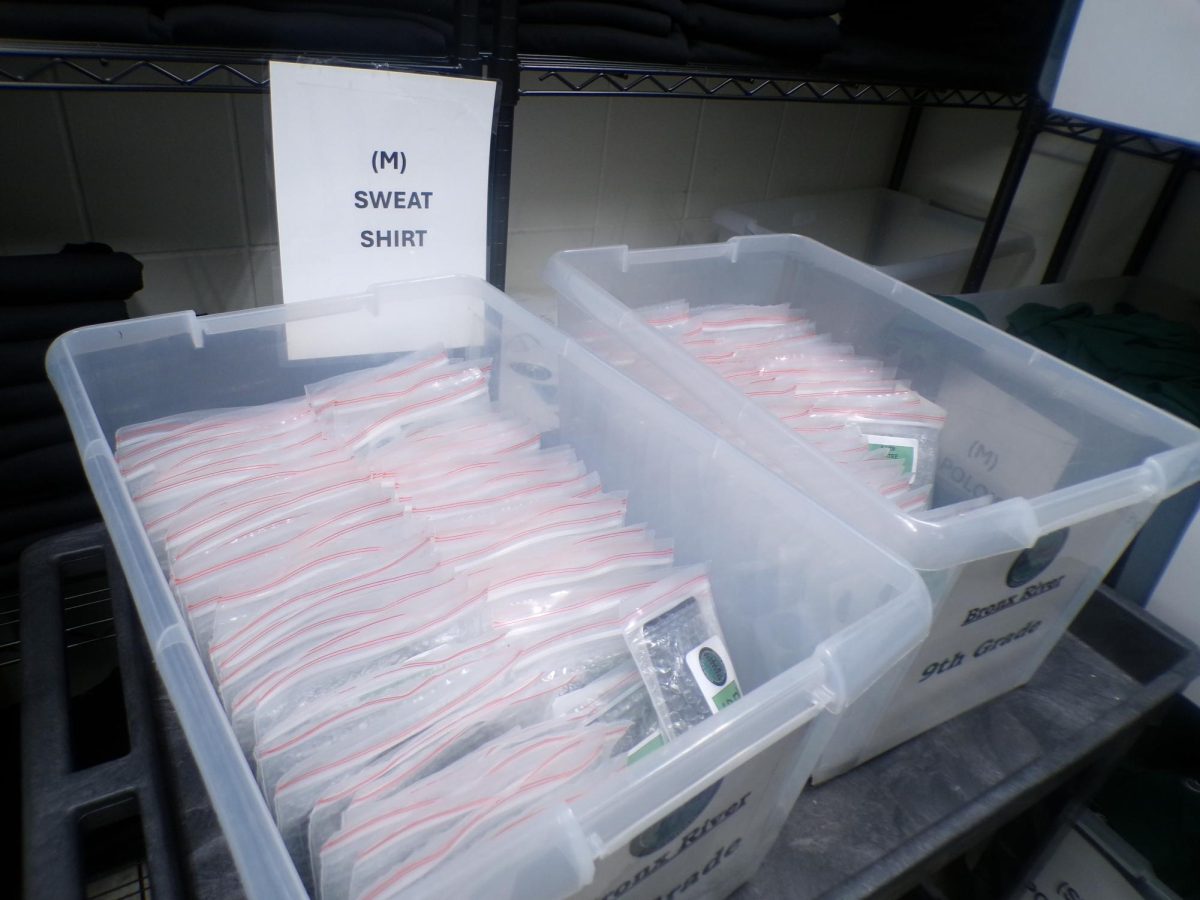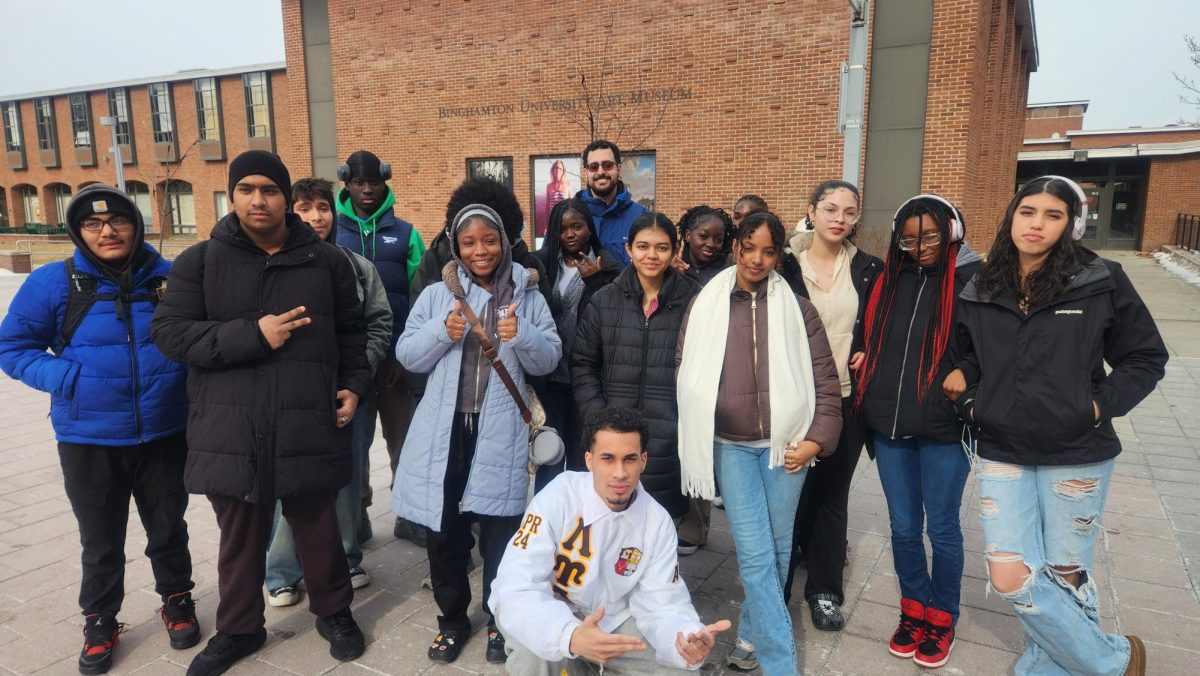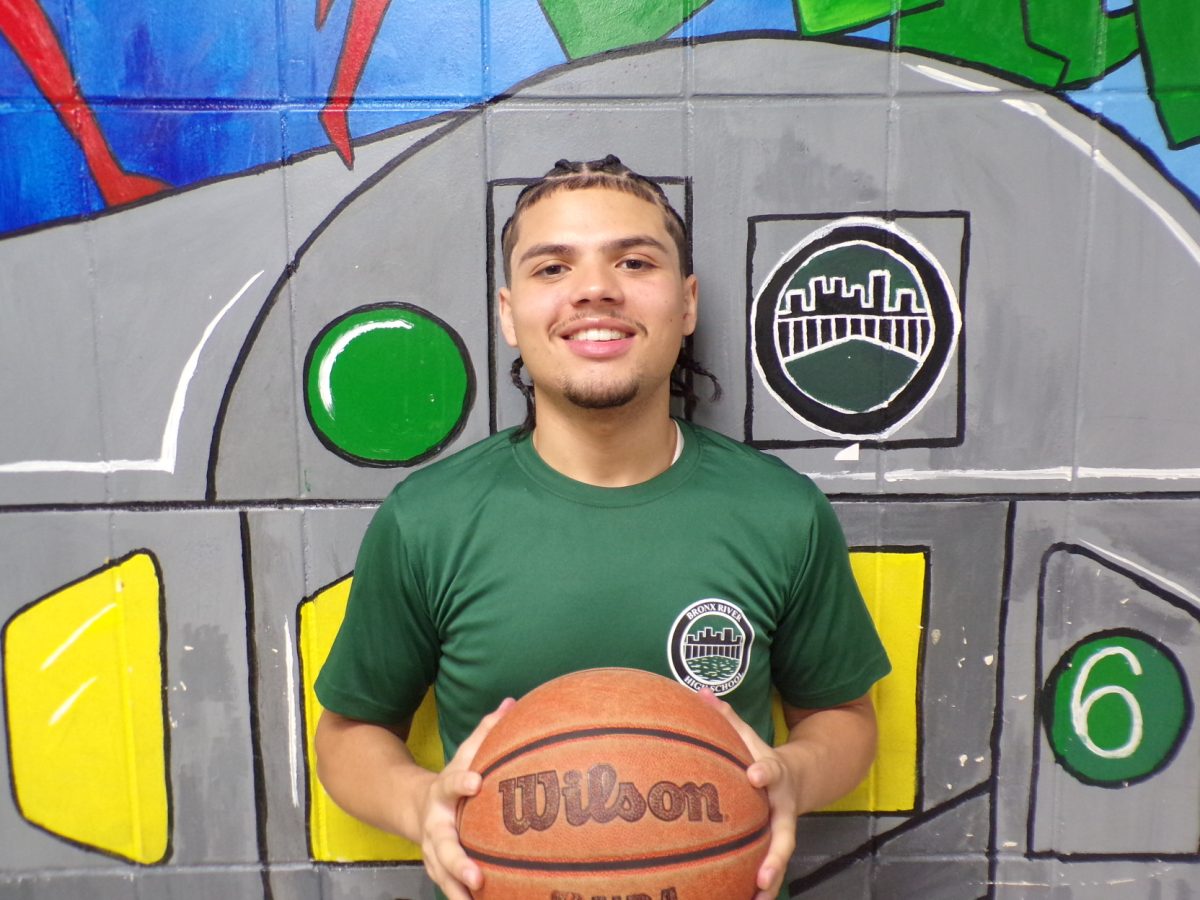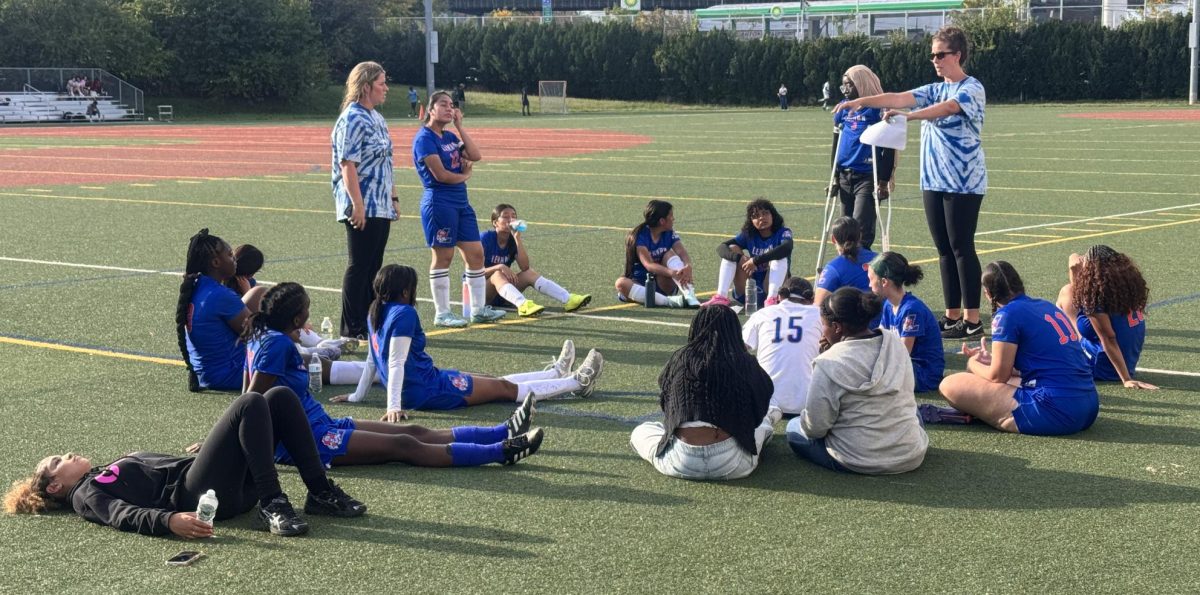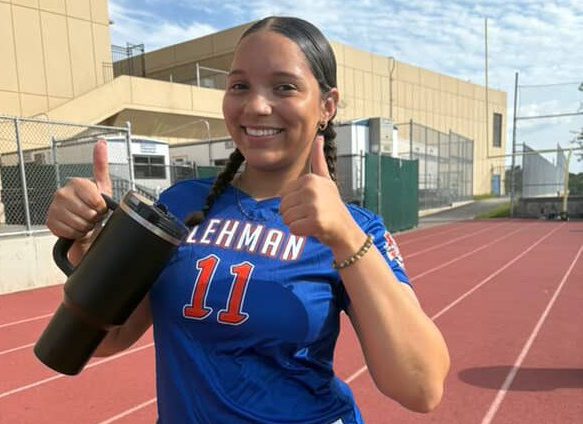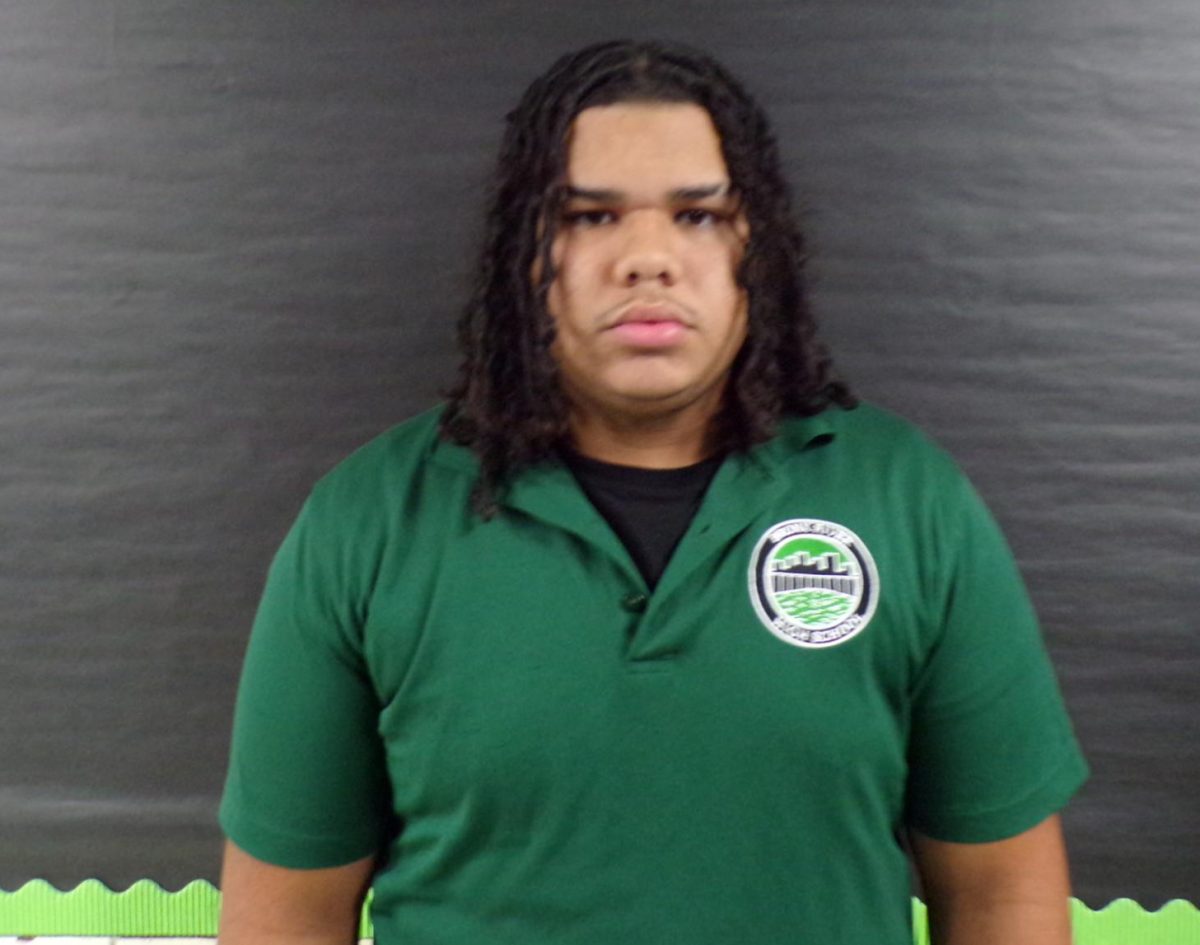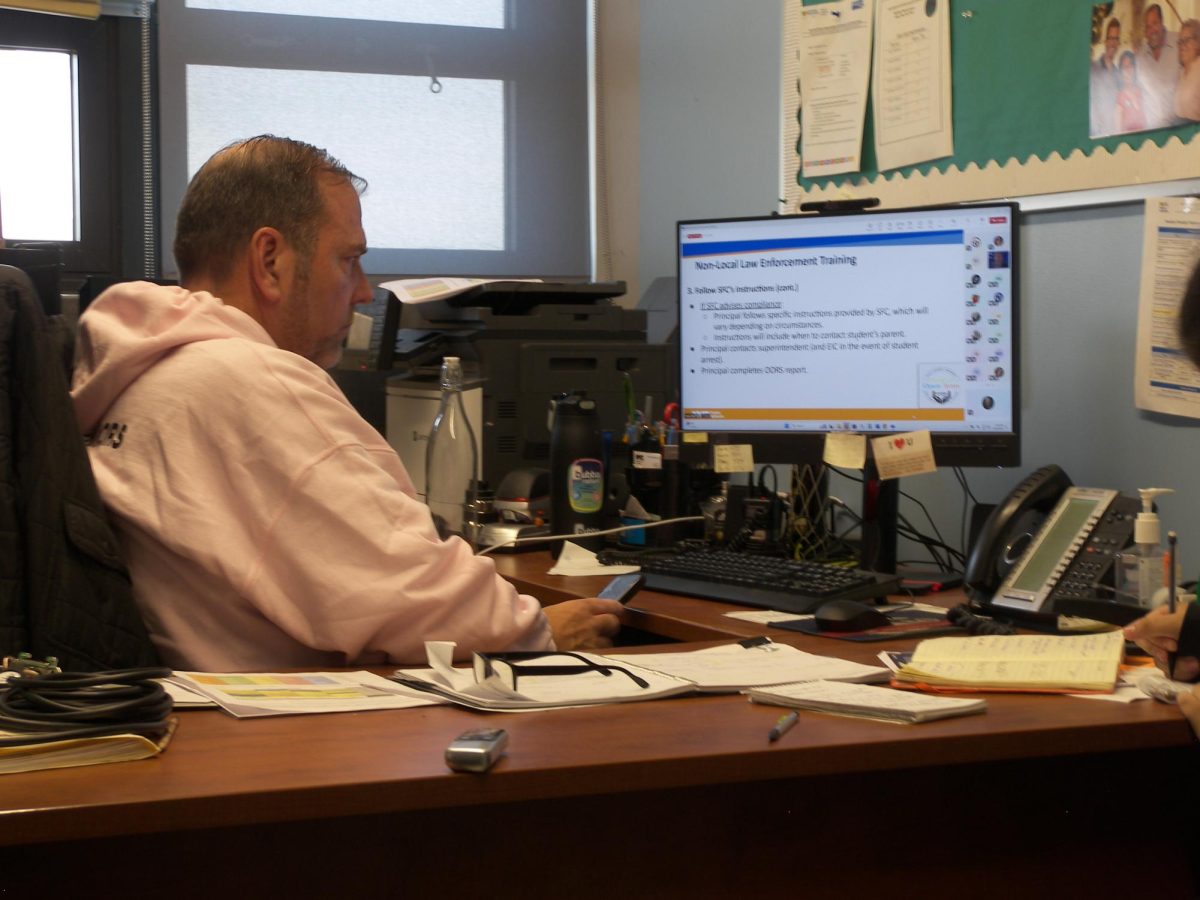Days before Donald Trump’s inauguration, panic has started to set in as educators and students worry that Trump will carry through on his threats to launch the “largest deportation program in American history.”
The New York City Department of Education, which serves many immigrant families, held a mandatory virtual meeting with more than 800 school administrators, including Bronx River High School’s Principal Greg Fucheck, on Jan. 16. The goal? To establish protocols for handling requests from any “non-local law enforcement” officials who ask to enter school grounds or seek access to or information about students.
The meeting focused on the confidentiality of student information and what to do if law enforcement agents outside NYC, which includes ICE (Immigration and Customs Enforcement) try to gain access to the school or student information.
Stephanie DeCicco, a social studies teacher and the union leader at Bronx River, finds the threat of deportation troubling. “Children are innocent and should never be used as legal fuel to the fire that is immigration deportation,’’ she said, adding that every student is entitled to an education despite immigration status. “This is NOT how human beings should treat other human beings.”
Justin Chapura, an English Language Learner teacher who often works with newcomers to the United States, says teachers aren’t allowed to ask about immigration status. “All students are treated equally,” he said, which carries on the idea that students should feel a sense of safety at schools.
During the meeting with principals, DOE officials outlined protocols for school staff to follow should immigration officials seek access to the school or students. Principals have been instructed to reach out to the education department’s lawyers, who will review the request. If the legal team finds the request invalid, the principal will ask the federal agents to leave the school and inform the superintendent and the student’s parents. If the legal team finds any part of a request valid, the principal will receive instructions on next steps.
“It’s good that they have sessions like this; it helps keep principals educated on what to do when someone who doesn’t belong to the NYPD enters the building,” Mr. Fucheck said. He believes, as well as others who participated in the meeting, that it is a “principal’s duty to protect a student’s information.”


